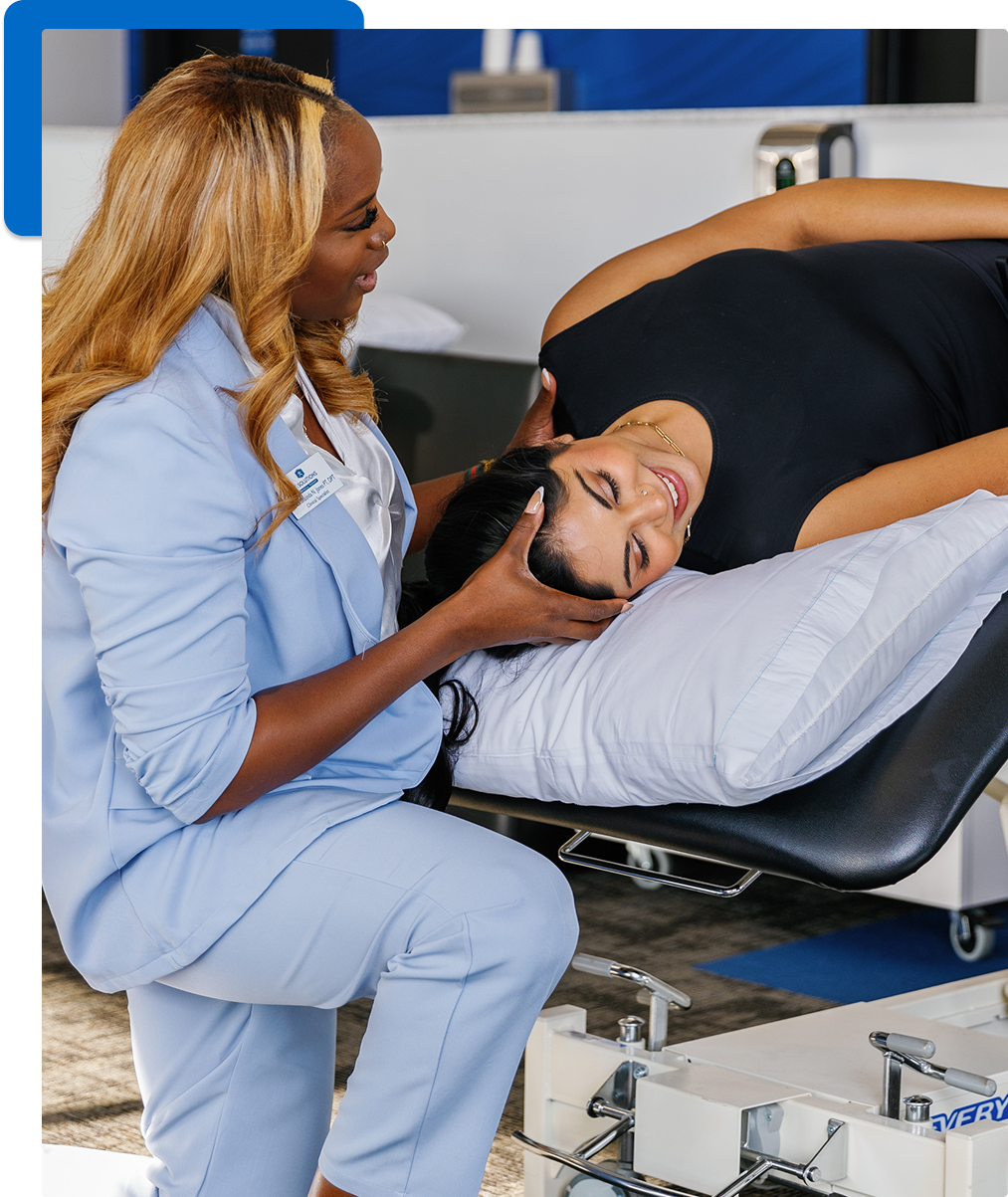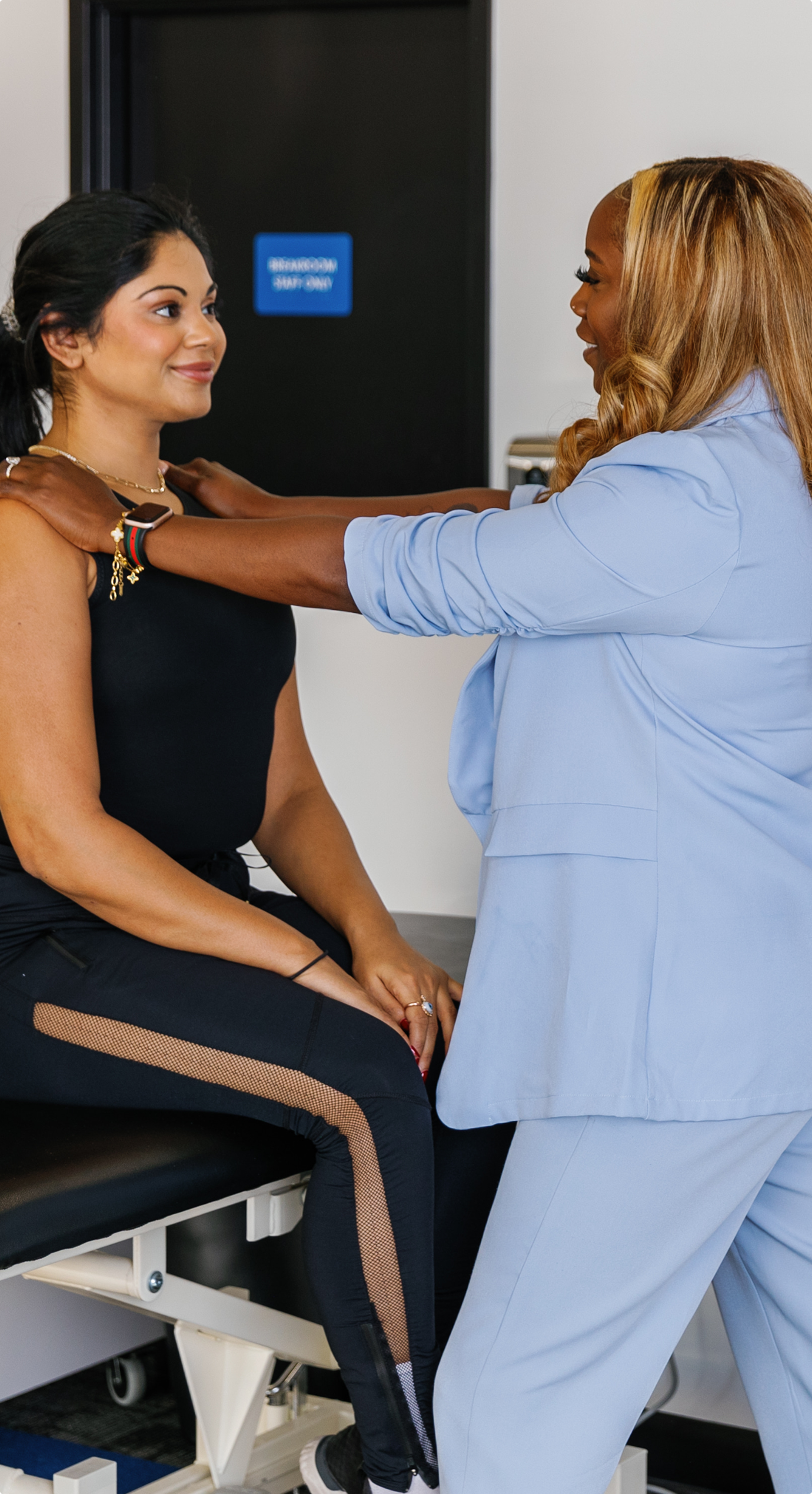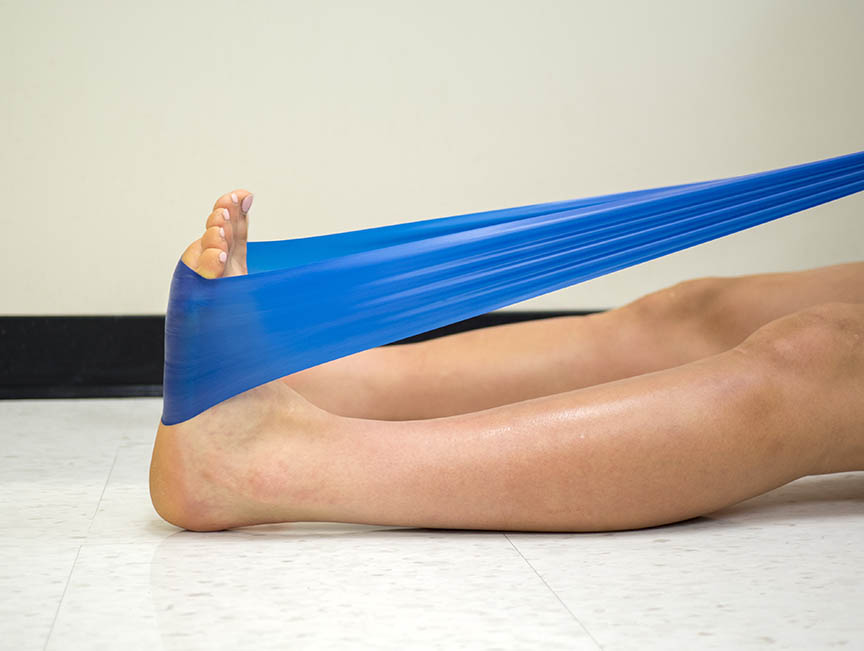
What is Neck Pain?
Understanding Neck Pain
Neck pain is one of the most common musculoskeletal conditions in the United States, affecting up to 70% of people at least once in their lives, with 15% experiencing chronic neck pain.
What Are the Symptoms of Neck Pain?
Neck pain can vary in severity and location, with common referral to the shoulders, upper back, and even the head. If you experience persistent discomfort, physical therapy for neck pain can help address the root cause and restore function. Some of the most common symptoms include:
- General neck pain – A dull, aching, or sharp pain localized in the neck
- Radiating arm pain, numbness, or weakness – Often caused by cervical radiculopathy (pinched nerve in the neck)
- Mid back or thoracic pain and shoulder pain – Tightness or discomfort spreading to the upper back and shoulders
- Headaches from neck pain – Stiff neck muscles and poor posture can trigger tension headaches
- Jaw pain or facial pain – Often associated with cervical spine dysfunction




